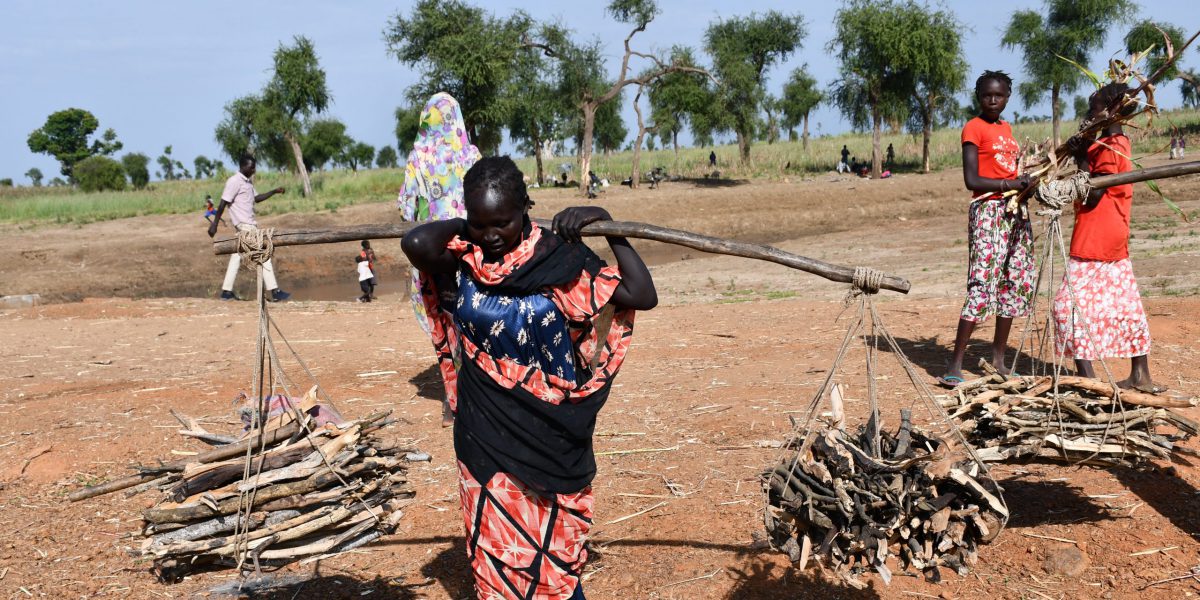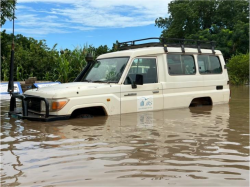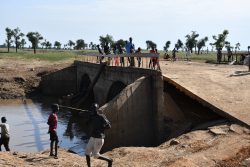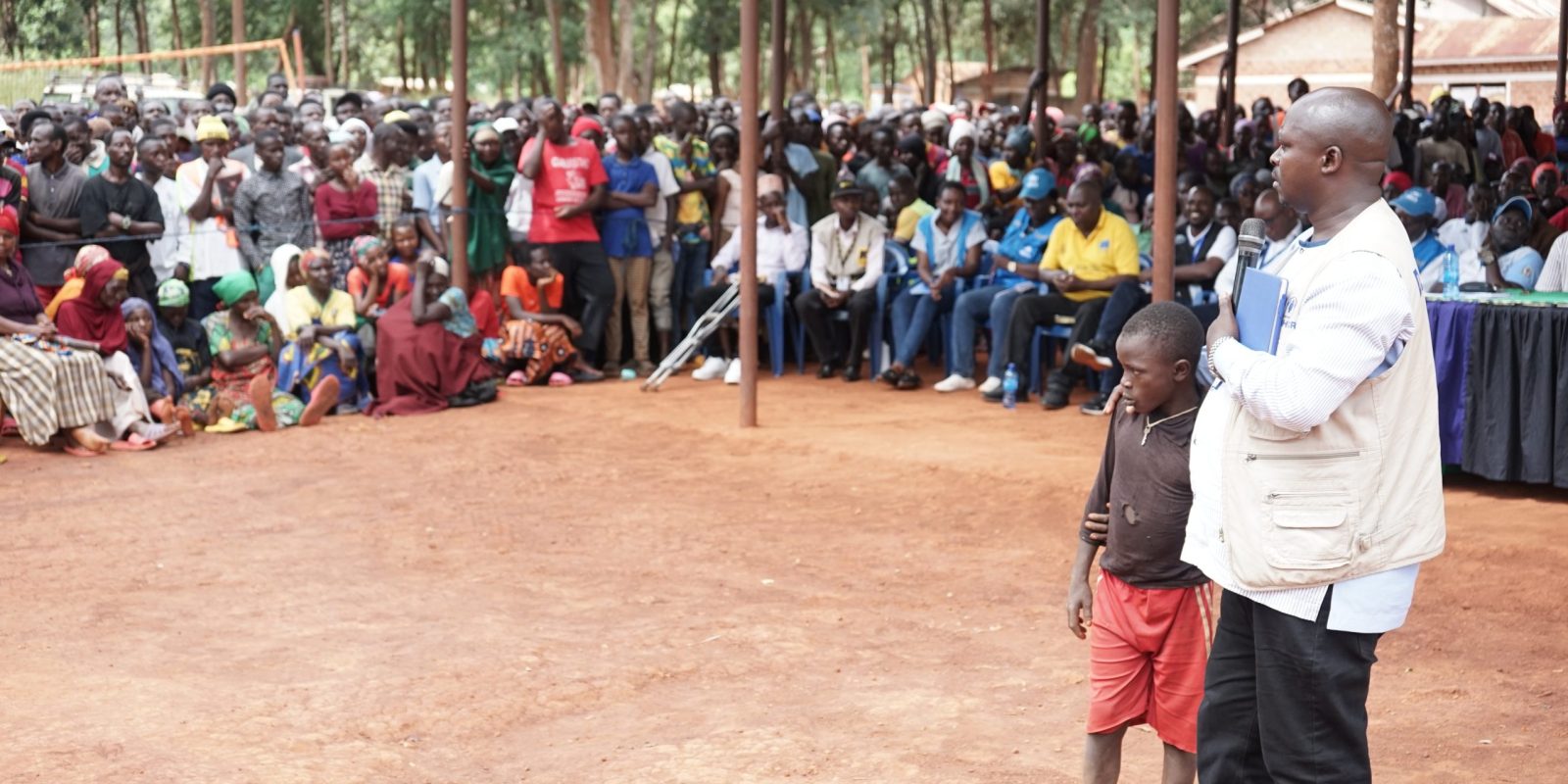Flood in Maban, South Sudan
09 June 2023|Emmanuel Loboka

Catastrophic flooding hit Maban County from mid-August to late October last year, in 2022. It severely disrupted the lives of refugee communities in camps and the host communities.
The flood destroyed roads in several locations, where the streets looked more like rivers flowing with water, forcing many people to move to higher dry areas. All school buildings in the city and the camps became shelters for the displaced people. Some people lost their lives, either from drowning, or to snakebites as the flooding also drove the snakes to seek dry land.
In addition to the loss of life, the flood caused considerable damage to culverts that impeded the work of the humanitarian aid in Maban for more than three months, since access to the sites was cut off. The flooding prevented the community from accessing basic services and extensively destroyed the infrastructure. The floods not only cut off access for humanitarians, but also restricted access for business purposes, leaving the refugees and host community without food, clean water, and supplies. Those commodities available in the markets of Maban came with a huge rise in the prices.
 JRS carried out a flood response, in partnership with the local church and community leaders. Essential Non-Food Items (mosquito nets and plastic sheets) and food were provided to both refugees and the host community. JRS also provided a simple shelter for women, children, and people with special need from both the refugee and the host community, in addition to awareness raising about the risks of the floods and psychosocial support.
JRS carried out a flood response, in partnership with the local church and community leaders. Essential Non-Food Items (mosquito nets and plastic sheets) and food were provided to both refugees and the host community. JRS also provided a simple shelter for women, children, and people with special need from both the refugee and the host community, in addition to awareness raising about the risks of the floods and psychosocial support.
Our field office in Maban also experienced flooding in our compound, affecting our stores and food supplies. We built it higher than the ground in case of any floodings. We also restored the affected parts and placed some bags full of them to block the water from entering the compound.
Since 2012 Maban has witnessed a practice of cutting trees, by the refugees and the host communities, for firewood, charcoal, for commercial purposes, and for building shelters. Which might have had a direct impact in the resilience of the soil and the every-time more common floods.
People have benefited from our flood response, and they are now building on higher land and away from the sources of the water, we have also witnessed a massive restoration of bridges and roads that were affected by the floods, in addition to opening channels to smoothly help the rainwater flow to the river. Trees are being planted to help the environment. Floods are also an impact of climate change and it is our responsibility to protect nature.
There is more to be done for the environment specially in Maban where people depending fully on tree for firewood, building and as a source of income.
 Climate change is a global issue that is affecting all humankind, and it is our responsibility as individuals, groups, government, and noon profit organization to advocate and protect the nature and the environment and lessen the negative impact of catastrophic natural events.
Climate change is a global issue that is affecting all humankind, and it is our responsibility as individuals, groups, government, and noon profit organization to advocate and protect the nature and the environment and lessen the negative impact of catastrophic natural events.
What could be next is a communities awareness Campaigns towards behavior change and finding other alternative to the high consumptions of trees as an economic activity, and the replanting of trees. One tree can make a difference.



